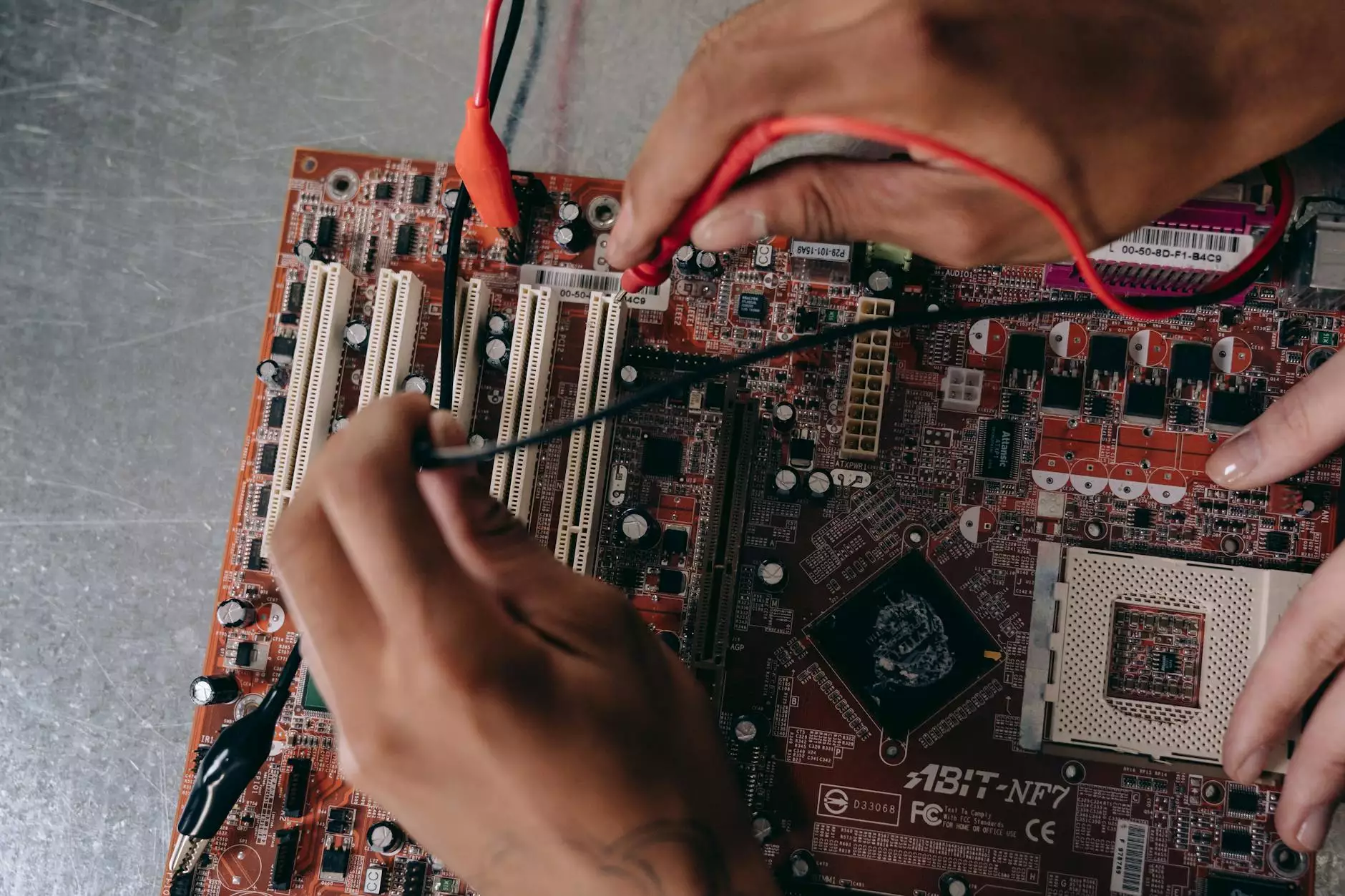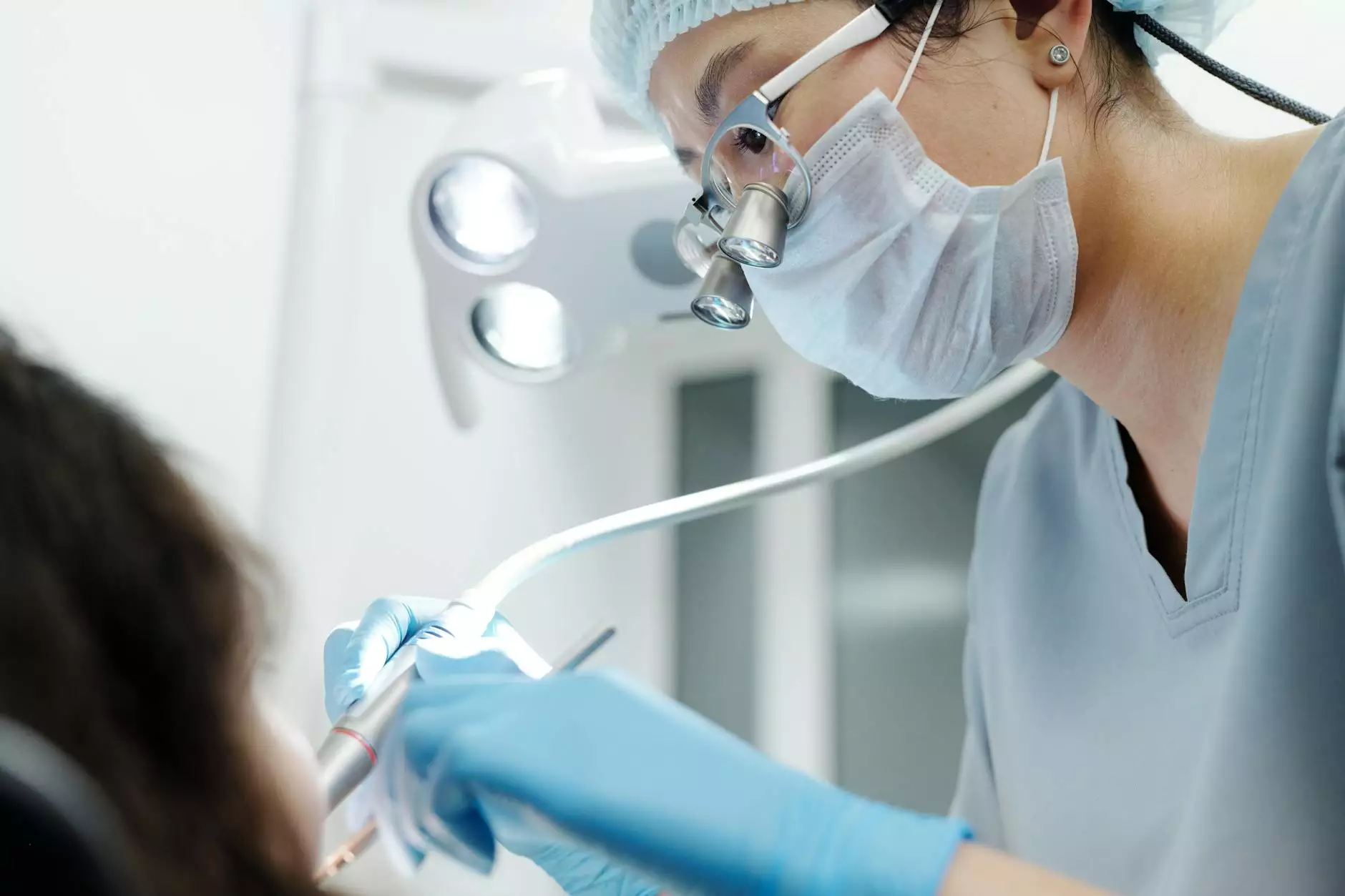Understanding the Vital Role of Lung Cancer Doctors

Lung cancer remains one of the most significant health challenges globally, leading to millions of fatalities each year. As a multifaceted disease, its diagnosis and treatment require specialized medical professionals, specifically lung cancer doctors. At Neumark Surgery, we delve into the crucial roles, responsibilities, and innovations that set these doctors apart in the field of oncology.
What is Lung Cancer?
Lung cancer primarily arises from various mutations in lung cells, leading to the uncontrolled growth of abnormal cells. It generally falls into two categories: non-small cell lung cancer (NSCLC) and small cell lung cancer (SCLC). Understanding these distinctions is essential as they dictate the treatment protocols and prognosis of patients.
Why You Need a Specialized Lung Cancer Doctor?
The complexity of lung cancer necessitates having a dedicated lung cancer doctor. Here are some compelling reasons why:
- Expert Diagnosis: Only specialized doctors can accurately interpret imaging results and biopsy analyses, ensuring that patients receive the correct diagnosis.
- Tailored Treatment Plans: Each lung cancer patient is unique, and an experienced doctor can develop a personalized treatment strategy considering factors such as overall health, cancer type, and stage.
- Access to Cutting-Edge Research: Specialists often participate in ongoing clinical trials, providing patients with access to innovative therapies that may not be available elsewhere.
- Comprehensive Care: Beyond treatment, lung cancer doctors provide holistic care, addressing not just physical symptoms but emotional and psychological support as well.
What to Expect During Your Visit to a Lung Cancer Specialist?
When you visit a lung cancer doctor, it is essential to be prepared for a thorough evaluation. Here’s a breakdown of what the appointment typically includes:
- Medical History Review: Expect your doctor to review your full medical history, including any respiratory issues, family history of cancer, and lifestyle factors such as smoking.
- Physical Examination: A comprehensive physical exam focuses on any symptoms you may be experiencing, such as coughing, chest pain, or breathlessness.
- Diagnostic Tests: Tests may include imaging (X-rays, CT scans), blood tests, and biopsies to assess lung function and cancer presence.
- Discussion of Results: After diagnostics, your doctor will discuss the findings, staging, and the recommended treatment options.
Innovative Treatments Offered by Lung Cancer Doctors
Lung cancer treatment has seen significant advancements in recent years, evolving into a spectrum of options tailored to patient needs. At Neumark Surgery, some of the most common treatments include:
Surgery
Surgery involves the removal of the tumor and possibly surrounding lung tissue. Types of surgeries include:
- Lobectomy: Removal of a lobe of the lung.
- Pneumonectomy: Removal of an entire lung.
- Sublobar resection: Removal of a small section of the lung.
Radiation Therapy
This treatment uses high-energy waves to kill cancer cells. It can be administered externally or internally, depending on the case.
Chemotherapy
Chemotherapy employs drugs to kill cancer cells or stop their growth. It may be used in conjunction with surgery or radiation therapy.
Targeted Therapy
This modern treatment focuses on specific genetic markers in cancer cells, allowing doctors to strike directly at cancer without harming surrounding healthy cells.
Immunotherapy
Immunotherapy boosts the body’s immune system to fight cancer. This innovative approach has seen immense success in recent clinical trials.
Living with Lung Cancer: Support and Resources
Receiving a lung cancer diagnosis is life-altering, and having the right support system is crucial. Lung cancer doctors not only treat the illness but also guide patients through the complexities of living with cancer. Here are some ways they provide support:
- Patient Education: Doctors aim to empower patients with knowledge about their condition, treatment options, and lifestyle changes.
- Support Groups: Many specialists facilitate connections with local and national support groups where patients can share their experiences and cope together.
- Care Coordination: Managing appointments with various specialists can be overwhelming, but lung cancer doctors help coordinate care to streamline this process.
Choosing the Right Lung Cancer Doctor
Selecting a lung cancer doctor is a critical decision. Consider these factors to ensure you find the right fit:
- Credentials and Experience: Look for board certification in oncology, years of experience, and board memberships.
- Communication Style: Ensure that your doctor can explain things in a way you understand and that you feel comfortable asking questions.
- Hospital Affiliations: Research the hospitals where your doctor is affiliated to assess their resources and reputation.
- Patient Reviews: Online reviews can provide insight into other patients’ experiences with the same doctor.
The Future of Lung Cancer Treatment
As research continues, the future of lung cancer treatment looks promising. Innovations in genomics and technology are expected to revolutionize patient care:
- Personalized Medicine: Treatments tailored to individual genetic profiles lead to higher efficacy and lower side effects.
- Telemedicine: Remote consultations ensure that specialized care is accessible to patients, regardless of location.
- Advancements in Immunotherapy: New drugs and treatment strategies are continually being developed, enhancing patient outcomes and survival rates.
Conclusion
The journey through a lung cancer diagnosis and treatment can be daunting, but having a lung cancer doctor by your side makes all the difference. The expertise, compassion, and dedication of these medical professionals ensure that patient care is prioritized above all.
If you or a loved one is facing lung cancer, consider reaching out to Neumark Surgery for specialized care and support tailored to your unique situation. Understanding and support are crucial; don’t hesitate to find the right help.
lung cancer dr








